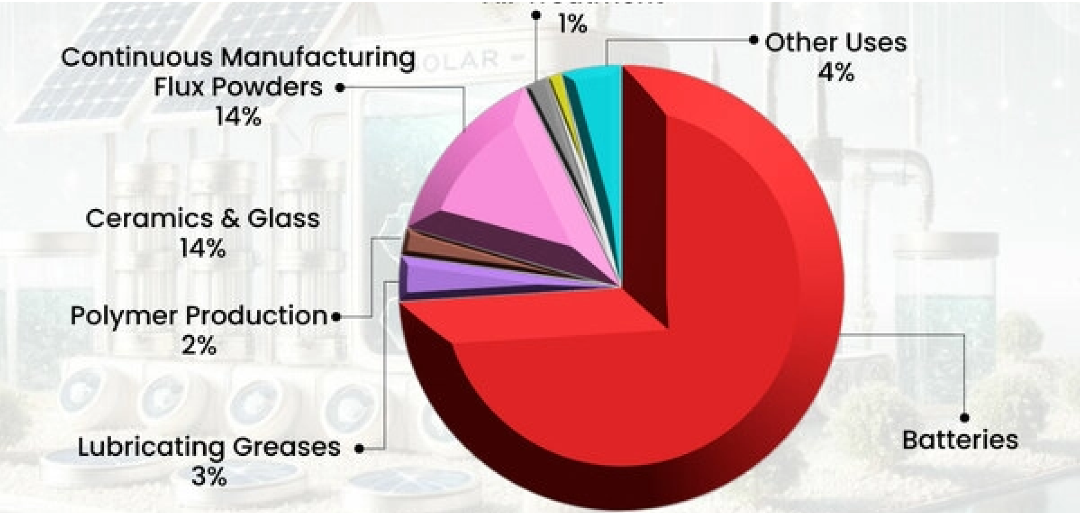Eco Driven Scale Startups Riding the Bio-Resin Revolution
In 2025, the bio-based resin sector is experiencing significant growth, driven by stringent environmental regulations and a resurgence of investor confidence. The global market is set to experience rapid market growth between 2025 and 2030, driven by increasing demand for sustainable alternatives to petrochemical-based materials and startups being ready to embrace this opportunity with their fullest potential.
In 2025, UK-based FlexSea has gained a reputation for creating high-performance packaging sheets using biomaterials generated from seaweed, providing a marine-safe and rapidly biodegradable substitute for plastic packaging. They received €2 million last year to expand collaboration with the University of Warwick and other businesses, aiming to market FlexSea's seaweed biopolymer product.
Stricter environmental regulations are being implemented by governments worldwide to reduce carbon footprints and promote sustainability. By 2050, the European Union's Green Deal aims to make Europe the first continent to achieve carbon neutrality, encouraging businesses to transition from conventional petrochemical products to bio-based alternatives.
At the world's premier trade show for woodworking and wood processing technology, LIGNA 2025, in May, Huntsman, one of the world's leading companies in developing polyurethane-based resins for composite wood product production, will showcase two new bio-based products. The new binders contain up to 25% bio-based content and are designed to minimize the carbon footprint of composite wood products made with MDI-based resins by up to 30%.
In 2025, startups will play a crucial role in scaling up the production of bio-based resins. With an emphasis on high-value applications in food packaging and cosmetics, Bloom Biorenewables, a Swiss company, has raised $15 million to develop plant-based alternatives to petrochemical products. Similarly, Tidal Vision, a U.S. company, raised $140 million to create resins made from crab shells and chitosan, demonstrating the industry's creative use of sustainable materials.
Startups continue to struggle to scale production and achieve cost parity with traditional resins despite the encouraging momentum. Strict regulatory requirements and expensive certification fees can be prohibitive, especially for small and medium-sized businesses. These difficulties, however, also offer opportunities for uniqueness. By implementing blockchain technology for supply chain transparency or utilizing AI-powered lifecycle assessments, businesses can comply with the EU's Digital Product Passport regulations, reduce compliance costs, and gain customer trust.
Bio-Resin Production and Manufacturing LifeCycle

